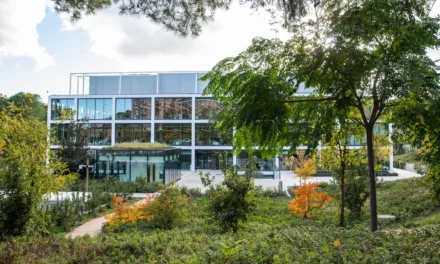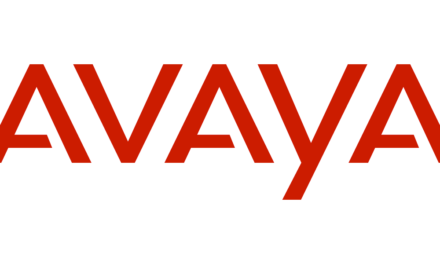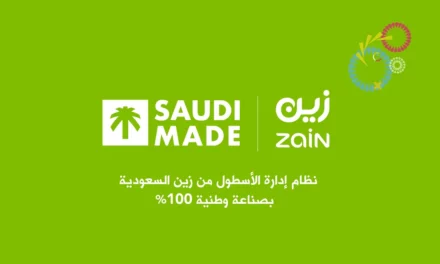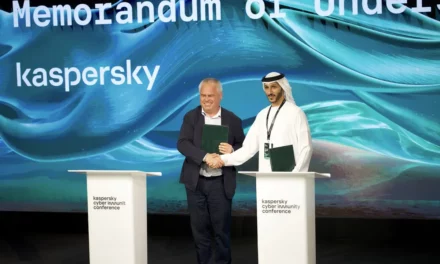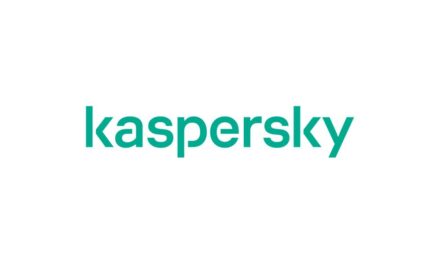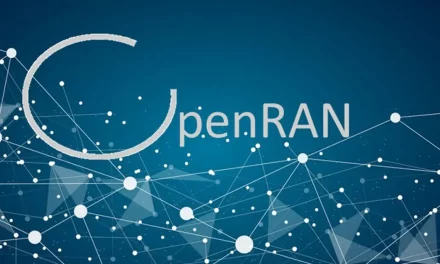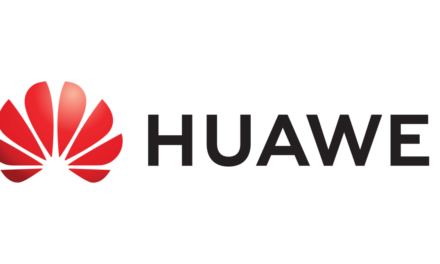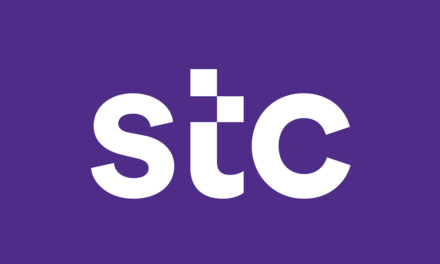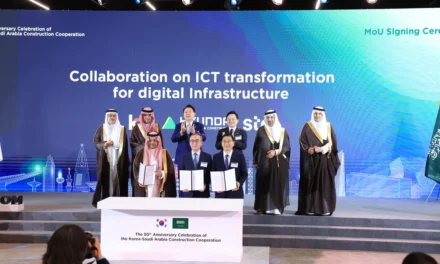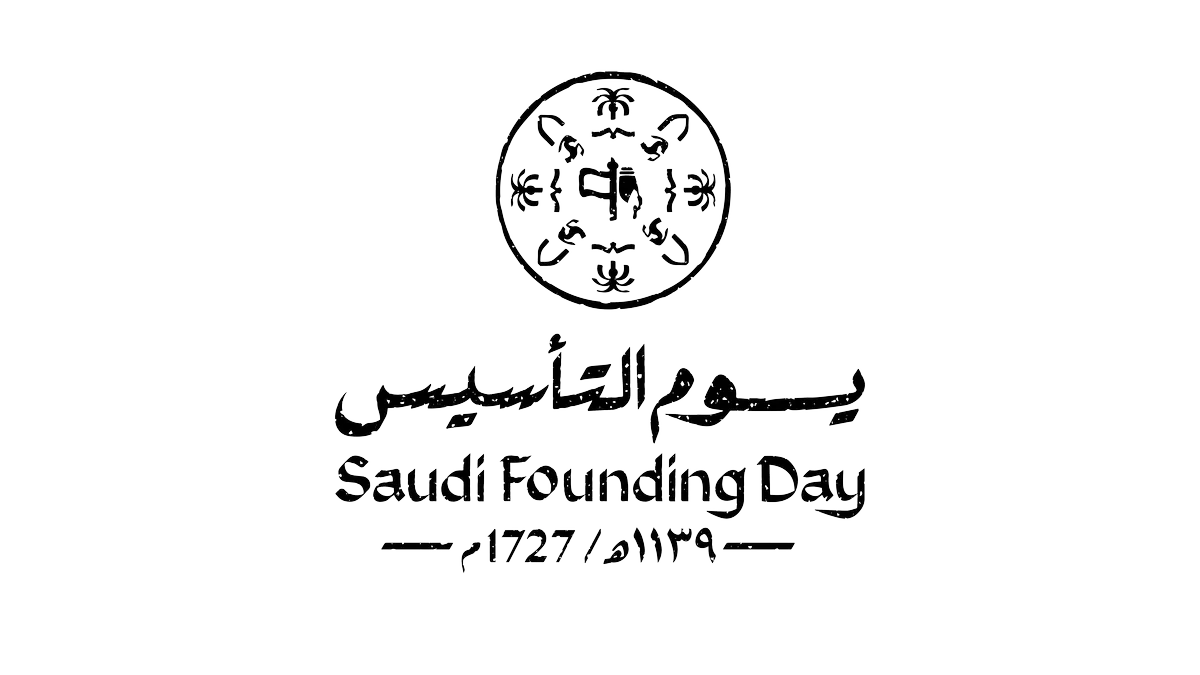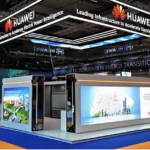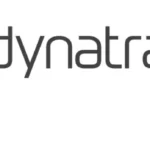
Jordan 5G launch roadmap taking shape

By Khalid Athar, Chief Editor – Teletimes International
Jordan has taken the first steps towards formalizing 5G adoption. The initiative came after “Royal directives to create an investment environment capable of providing services and boost partnerships with the private sector. His Majesty King Abdullah was always keen to support the telecom sector, its benefits for future generations and its role as “a pillar to develop all other sectors.
Introducing 5G technology is a move that aims to empower the Jordan to bring advanced serves to the market. Minister of Digital Economy and Entrepreneurship Ahmed Al-Hanandeh announced the deal with 3 telecom operators in Jordan was needed to bring the telecoms sector in Jordan up to standard to support the broader plans to modernize the economy and enable other sectors.
Paving the Way to 5G in Jordan
The TRC was keen on preparing the requirements and appropriate environment to accommodate 5G services in the local market in coordination with the service providers. TRC said that goal is to introduce the advanced 5G services in the near future, make it available at a reasonable cost, and bring investors from the private sector.
This year in August, TRC signed an agreement with two operators, Orange and Umniah, followed by an agreement with Zain in September in preparation for the introduction of 5G services in the kingdom. The agreement target is to boost investment and competition in the telecommunications sector in Jordan and support the development of telecom infrastructure at a time when data demand in particular is rising.
By the time of announcing the deals with the 3 operators, Chairman of TRC Board of Commissioners Bassam Al-Sarhan said 5G would require more massive investments to infrastructure. Data demand in the kingdom has steadily risen over the years which has spurred the government to launch measures to encourage growth in telecoms.
At the end of 2021, Tareq Al-Bitar, corporate communications and sustainability director at Zain Jordan, raised in an interview with Jordan News concerns about the limitations of working within the sector to introduce the new 5G network. “The current regulations, restrictions, and limitations imposed on the telecom sector, in addition to the prices of frequencies, may stand in the way of achieving this ambition. These current restrictions call for an action from the government to review the regulations governing the sector’s work, to encourage operators to work on rolling out 5G services, and remove any restrictions that may prevent them from being able to invest in such advanced technology,” he said.
Stimulus Package to Operators
However, as the capital investment in Jordan telecommunications industry seems to be down, a stimulus package came with the agreements done with the 3 telecom operators. The package includes extending the duration of telecommunications carriers’ licenses up to 10 years, reconciling pending issues, achieving technology neutrality, and providing motivational discounts when buying cellular frequencies, as well as providing licenses for 5G. The government will receive a 10% share of the revenues that 5G provides for local operators.
Each licensor has to provide 5G services to no less than 50 per cent of the Kingdom’s population (estimated at slightly over 11 million in 2021) within four years of the license date. Coverage must increase by five per cent annually until 75 per cent or more of the population is connected.
Since the use of high-frequency capacities characterizes 5G networks, it will increase the speed of downloading and uploading data to and from the internet in comparison to its 4G and 3G predecessors, making the 5G network most useful for content services, the Internet of Things, and artificial intelligence. Both business and consumers will have wide range of new digital solutions and services expected to boost efficiency and reduce costs within all sectors and industries.
5G Bidding Process and Spectrum
The bidding process of 5G business between operators and 5G vendors is currently going on. Huawei, Ericsson, Nokia, CISCO and ZTE is competing in different categories of the 5G business such as microwave, core and wireless. Operators did not make any announcements about the bidding process and TRC did not announce the official launch date of the 5G in the kingdom yet. TRC was keen on preparing the regulatory studies necessary to operate the 5G services in the Kingdom and providing the required support to operators considering that launching the 5G services for commercial use requires time and consultation with the responsible companies.
Spectrum will play a key role in the type of 5G service that operators will be able to provide to their customers in Jordan. High-band spectrum clearly provides the anticipated leap in data speed, capacity, quality and low latency promised by 5G. As per TRC, the networks use frequency packets in several bands; the first is less than 1GHz, the second is between 3400–3800MHz, and the third is the 26GHz or higher bands. It was reported by Jordan media that licensees will receive the 5G frequencies within one month of signing the agreement. They must launch the 5G services commercially in a period of no more than 18 months from the license date. Each licensor will also be committed to cover Jordan’s main regions and industrial and commercial areas within three years of the license date.
Providing fair competition environment to all vendors competing for 5G business with operators is an area with question marks. Whether geopolitical influence will be present in the bidding process of the Chinese vendors Huawei and ZTE as it is the case in the US, Australia, Canada, and some European markets is still unclear. Operators seems to be keen to build on their strategic long-term network business relationship with the Chinese vendor Huawei who already largely exists in their networks. However, some says that the government may tend to offer more incentives to operators who does not use Huawei. The extra incentive might be represented in free frequencies of 20 Mega over 5 years, putting more pressure on the Chinese vendor bidding and the overall fairness of the process.
The competition is expected to be fierce between the global vendors bidding for operators 5G business. Huawei may have already raised the bar of the competition as it is already moving to 5.5G, the next evolution of 5G which the company introduced this month in details in the MENA ICT Forum and exhibition in Jordan, with not only the 5.5G advantages was highlighted, but also the integration capabilities with cloud and AI, the green sites and sustainability aspects of telecom networks and ICT in general. 10 Gbps downlink, 1 Gbps uplink, support for 100 billion connections, and native intelligence are the key features of 5.5G.
The implementation of 5 technology in Jordan is considered a positive move due to the benefits and advanced features of this technology. 5G will offer a wide range of facilitations to businesses and grant citizens innovative and diversified services. 5G will create new value for social development and industry upgrades, supporting the achievement of the digital transformation and socio-economic growth goals, in line with Jordan Economic Modernization Vision.


